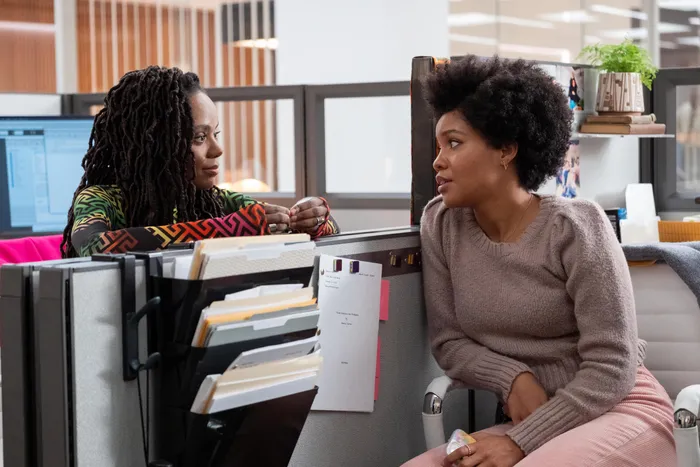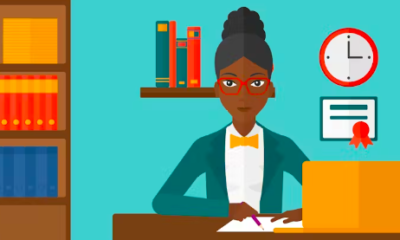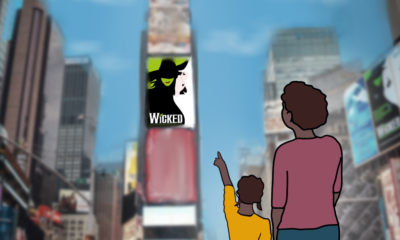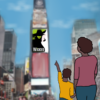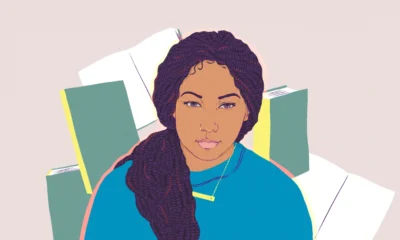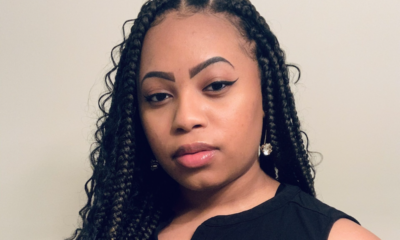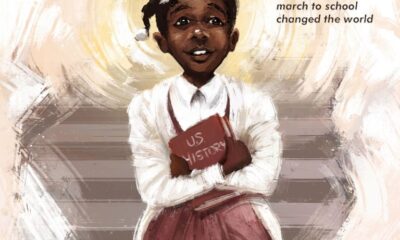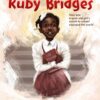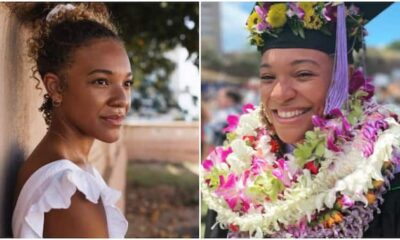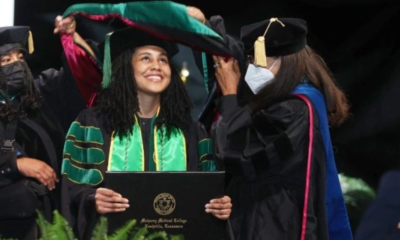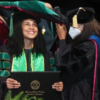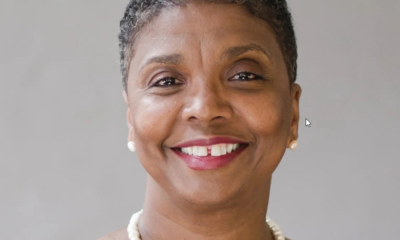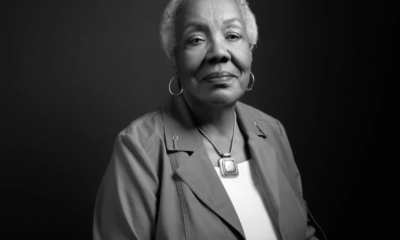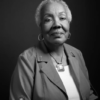Black Women in Education
The Other Black Girl Reads Better Onscreen
By Ile-Ife Okantah, a freelance writer focusing on Black media and popular culture
The TV adaptation of The Other Black Girl debuted on Hulu with a built-in audience of curious readers waiting to see how it would compare to Zakiya Dalila Harris’s best-selling debut novel. The book’s commercial success primed the series for attention, but also for scrutiny, particularly from Black readers who wondered if we read the same book everyone was talking about: Was Harris writing for us or for a white audience? Dig past the glowing reviews — many from non-Black critics — and you’ll find a slew of Black readers who had trouble making sense of this story.
On the surface, the concept is intriguing: Nella, the book’s protagonist, is the only Black employee at the fictional publishing company Wagner Books until Hazel, the eponymous “Other Black Girl,” shows up at the office and leads Nella down a disturbing path that changes her career forever. The novel is marketed as a satirical thriller in the vein of Get Out, with Harris poking fun at socially unaware white professionals within a suspenseful workplace mystery. But amid nuggets of superb writing, Harris leaves a ton of unanswered questions and strange plot twists, the most polarizing of which is the book’s ending.
That ending looks different in Hulu’s version of The Other Black Girl, which…
Read More: The Other Black Girl Reads Better Onscreen



